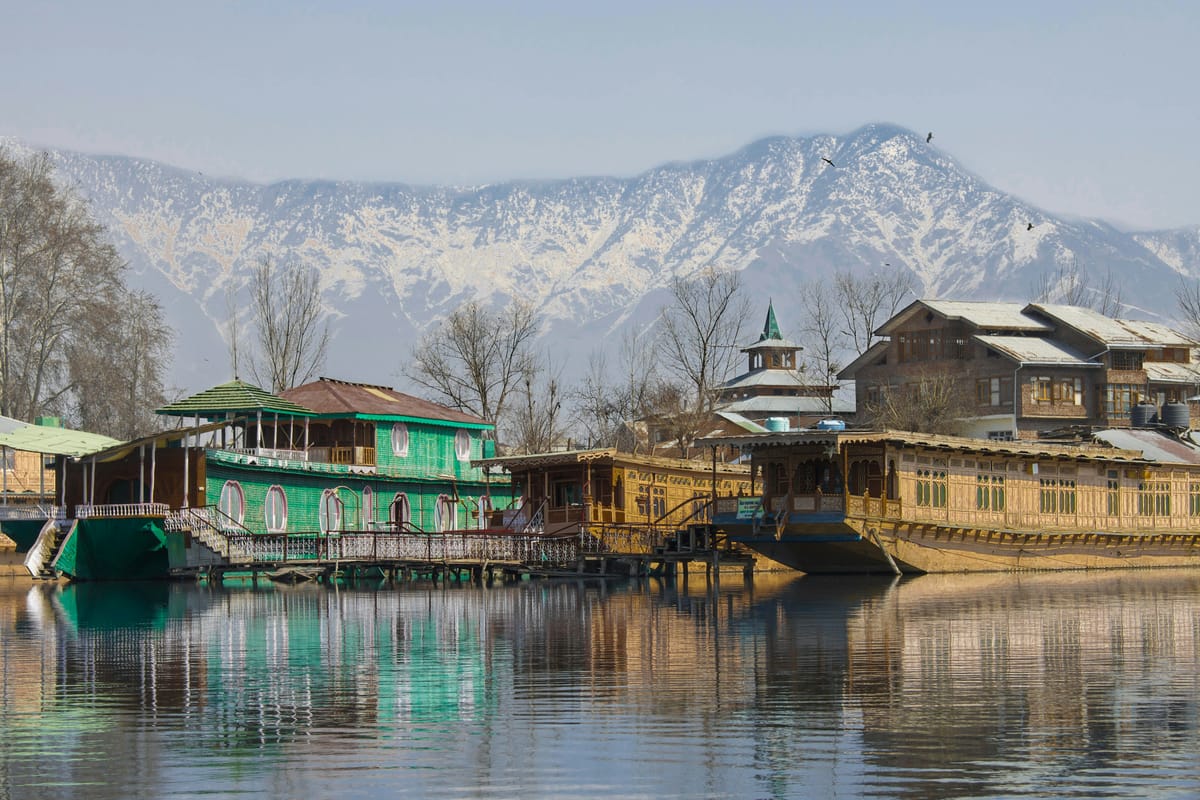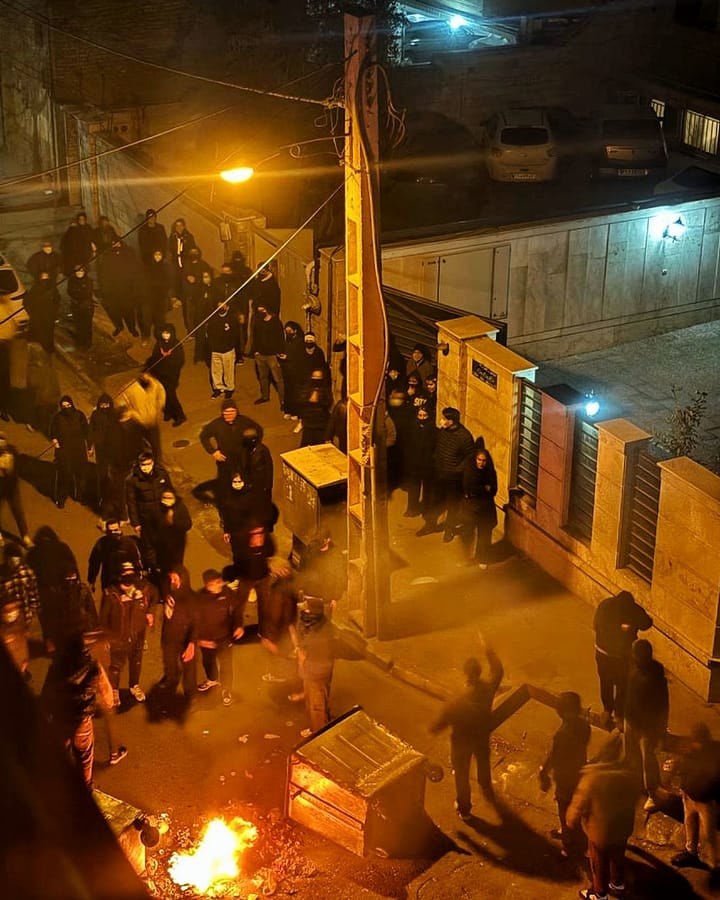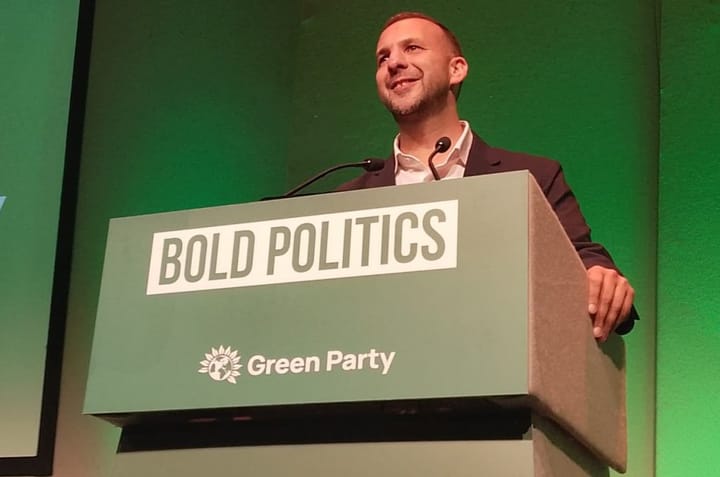The valley bleeds again, and the script writes itself. A militant attack. A volley of accusations. Troops amass. Politicians thunder. Nuclear nightmares are summoned like ancient gods, wielded for effect. And once the show is over, the curtain falls, leaving the stage empty and the people forgotten.
But Kashmir is not a conflict. It is a wound. A wound that festers not because history has forgotten, but because power refuses to remember. Every few years, the world glances its way, then looks away, as if silence were natural, as if injustice were inevitable.
In May 2025, the cycle played out once more. Just weeks after a brutal attack left twenty-six innocent tourists dead in Pahalgam, the region spiralled into the familiar choreography: accusations flew, missiles were launched, and diplomats recalled. Pakistan mourned civilians. A child among the dead.
For a brief, terrifying moment, the world stood at the brink. And then, as if on cue, the war machine halted. A ceasefire was announced. Normality, or the illusion of it, returned. The world exhaled. But Kashmiris did not. Once again, they were not listened to. They remained the voiceless centre of the storm, spoken for, never spoken to.
But Kashmir is not a metaphor. It is memory that walks the present, not the past. It is the unburied fact of 1947, when a monarch with blood on his hands signed away a nation not his to give. Maharaja Hari Singh, whose forces had overseen the massacre of over 200,000 Muslims in Jammu, acceded to India without consent, without a referendum, without moral legitimacy. That was not an agreement. It was an abdication of justice. From that moment on, everything else followed: the guns, the graves, the barbed wire. All of it became inevitable.
Fast forward to 2019, when Article 370 was revoked by Prime Minister Modi’s government, not as reform but as rupture. Autonomy was not merely withdrawn; it was humiliated. Kashmir was redrawn as property, open for development. A settler-colonial fantasy, one that sees Kashmir not as a people with agency, but as land to be seized, beautified, and displayed. A territory subjugated beneath the banner of Hindu supremacy.
And yet, the people remain. Resisting, remembering, refusing to vanish. They have watched decades of deception dressed up as democracy, elections staged under occupation, and dissent criminalised as sedition. Their desire to shape their own future twisted into “radicalism,” or worst of all, “Pakistani sponsorship,” as though a nation’s cry for freedom were not its own but borrowed.
This framing is not ignorance. It is colonial gaslighting. Kashmir’s political awakening did not begin with Pakistan. It began in 1931, when unarmed protestors were gunned down in Srinagar, and deepened in 1947, when hundreds of thousands were displaced. This is not a Pakistani project. It is a Kashmiri plea: for dignity, for recognition, for voice.
And instead of principle, the world performs indifference.
Every flare-up is followed by nuclear pageantry: missiles on parade, diplomats on edge, media whispering apocalypse. But this, too, is a performance. As Kenneth Waltz, the realist thinker, reminded us: nuclear weapons instil caution, not courage. They are instruments of restraint, not recklessness; designed to deter, not to dare. India and Pakistan may posture at the edge, but they know the abyss. And so the play ends, again and again, not in war, but in silence.
And that silence is the most violent thing of all. It is the silence of the international community, which once pledged to uphold a plebiscite. It is the silence of those who see Kashmir not as a people’s struggle but as a chess square between Delhi and Islamabad. And it is the silence of a world that mistakes managed instability for order, choosing comfort over justice.
What does justice look like? Perhaps like Timor-Leste, a place that was also forgotten, also brutalised, but ultimately heard. After decades of Indonesian occupation, Timor-Leste achieved independence not through force, but through international solidarity, truth, and a vote that recognised the occupied as political agents with a right to self-determination. The road was long. But it was real.
Kashmir deserves no less. And yet it receives far less. Instead of a plebiscite, there are press briefings. Instead of listening, there is lockdown. The people’s right to choose their own future remains under curfew. A valley turned prison, its beauty weaponised to hide its grief.
India, for its part, stands at a precipice. It can continue down the path of Hindu majoritarianism, where dissent is betrayal and identity is hierarchy. Or it can return to the idea it once claimed: that democracy is not domination, but dialogue.
To continue occupying Kashmir is not strength. It is fear masquerading as control. And to the world, the question is simpler still: how long can you pretend a muted people are at peace?
Kashmir is not silent. It has been made unheard. And that cruelty, that refusal to listen, is what keeps the wound open.
Dr. Abdullah Yusuf is a Senior Lecturer (Associate Professor) in Politics and International Relations at the University of Dundee, UK. He studied Public Policy and Diplomacy at The Australian National University in Canberra, Australia, and holds a PhD in International Relations from the University of Dundee. His research and scholarship interests include: International organizations (United Nations, League of Arab States, and African Union); Politics of the Middle East, including Palestine, Israel, and the Arab-Israeli conflict; Politics of humanitarian armed interventions; Peacekeeping and post-conflict peacebuilding; International law and refugee protection; Climate politics; Post-colonial Studies. For more details on my teaching, research, and scholarship profile, please visit: his research profile and bio.
Photo by Isa Macouzet on Unsplash



